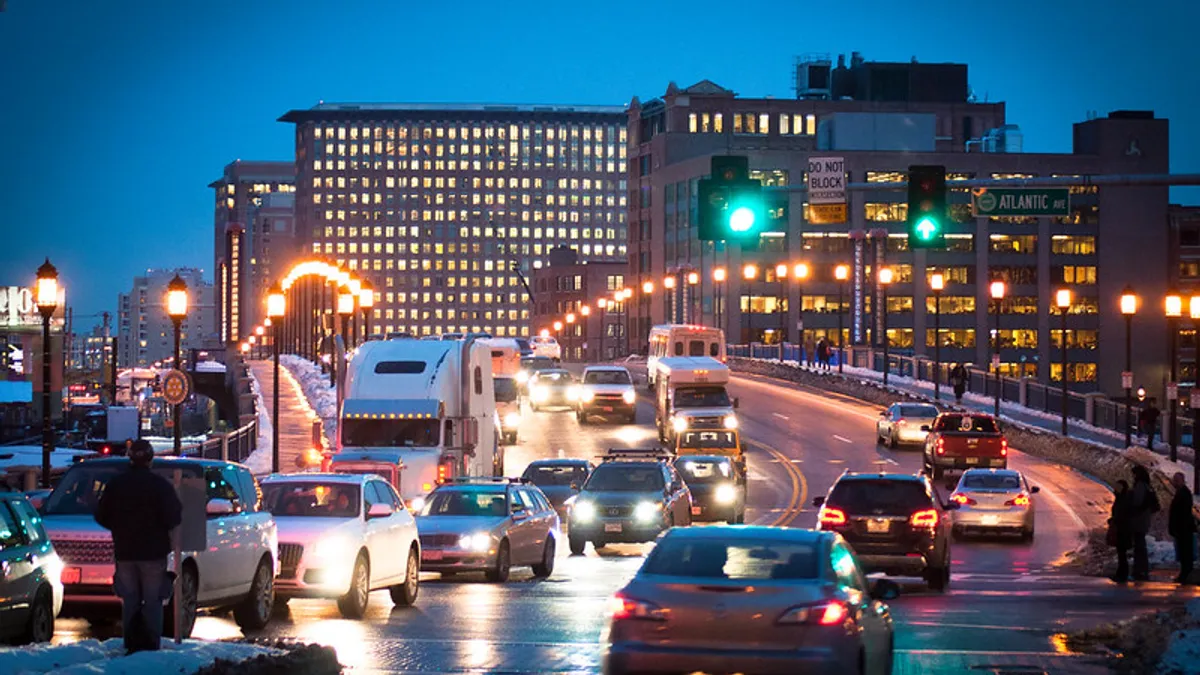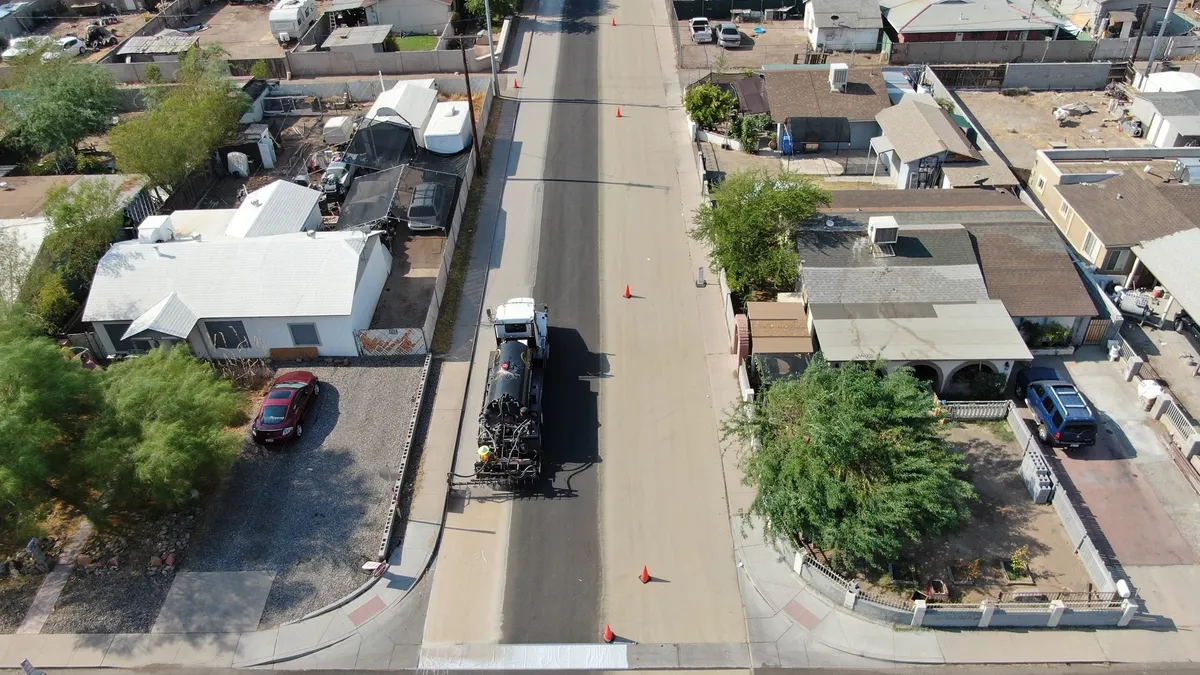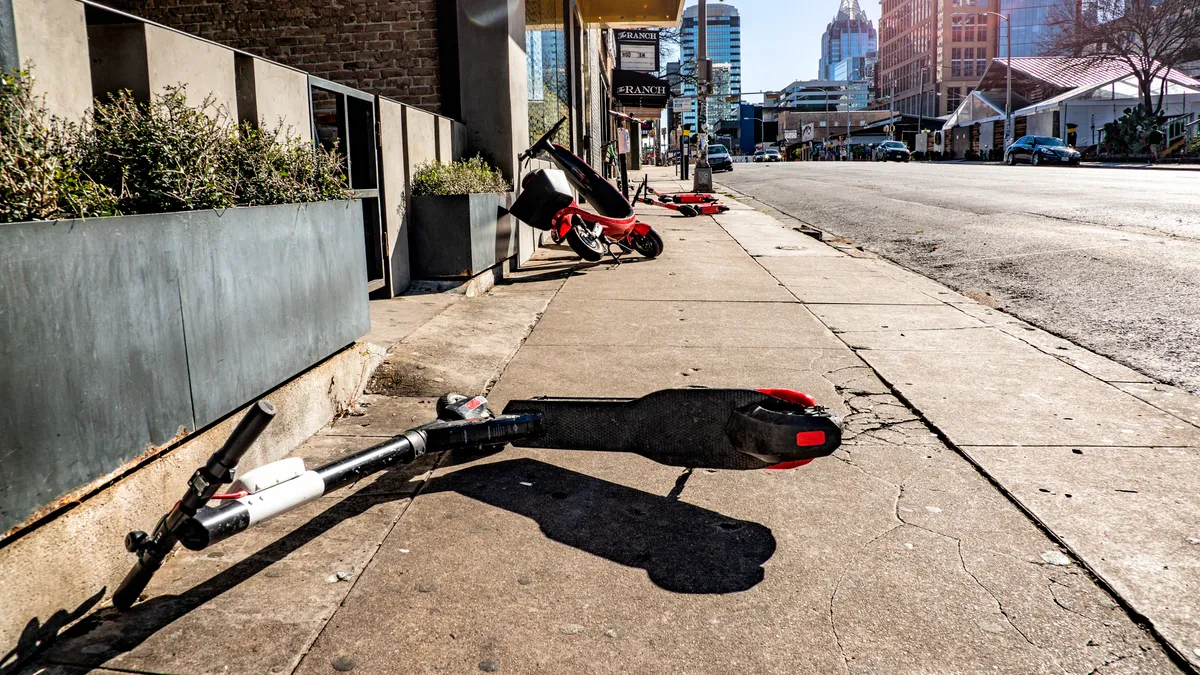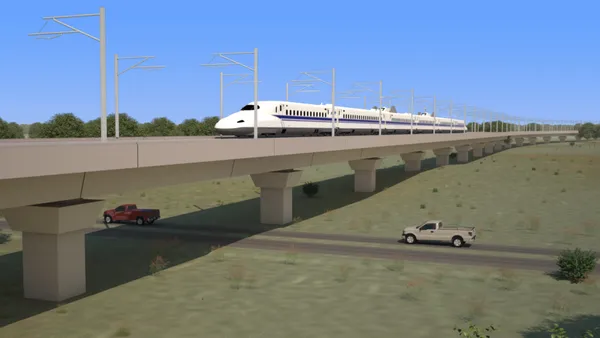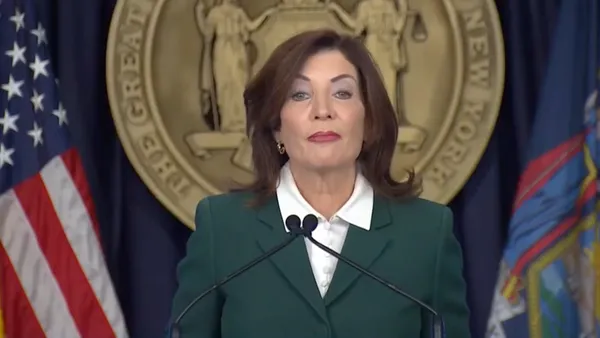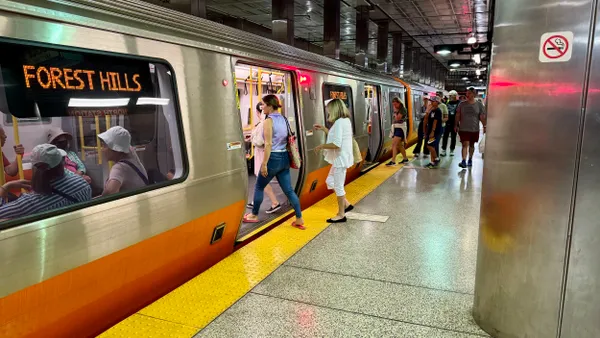Dive Brief:
- Boston is the most congested city in the U.S. for the second year in a row, with drivers losing 149 hours (or six days) to congestion in 2019, according to the annual global traffic scorecard report by transportation analytics company INRIX.
- Chicago, Philadelphia, New York City and Washington, DC follow Boston as the most congested U.S. cities. Bogota, Colombia, tops the list as the most congested city globally.
- U.S. residents lose an average of 99 hours a year from congestion, equating to an average of $1,400 per driver or $88 billion total, according to the report.
Dive Insight:
From 2017 to 2019, the average time lost by U.S. drivers has grown by two hours due to economic and urban growth nationally, according to the report.
However, while delays are rising slightly across U.S. cities, it does appear to be stabilizing in some of the most congested metro areas, the report shows. Congestion in DC, for instance, has been reduced by almost 11% since 2018, according to the report.
Only congestion fees have a demonstrated capability to reduce congestion in the short-term, INRIX transportation analyst and report author Trevor Reed told Smart Cities Dive.
New York City will be the first city in the U.S. to charge a congestion toll to drivers, while Seattle and Los Angeles also study their own plans. Questions remain however about how to best spend the revenue from the tolls, and whether some groups should be exempt from paying extra altogether.
Other effective solutions to reduce congestion include smart intersections and curbside management, Reed said. Los Angeles, home to two of the most-congested corridors in the United States, is rather famous for its traffic signal network that has significantly reduced congestion, according to Reed.
Cities are also paying close attention to their curbs. "If Uber, Lyft and deliveries aren’t having to stop in a lane of traffic to make their pick-ups or drop-offs, you’re going to see a reduction in congestion," he said.
There's a significant time crunch for cities to figure out the curb piece to the congestion puzzle. Urban last mile deliveries are expected to increase 78% by 2030, which could significantly add to the strains on already crowded curbs, exacerbating congestion.
Other cities are starting to implement car-free zones as a solution to congestion, as seen on San Francisco's Market Street. Austin, TX is also undergoing a car-free street pilot on Rainey Street.
All of these efforts point to signs of progress in reducing congestion in cities, according to Reed. "Reducing congestion is probably more achievable than people popularly believe," he said.



